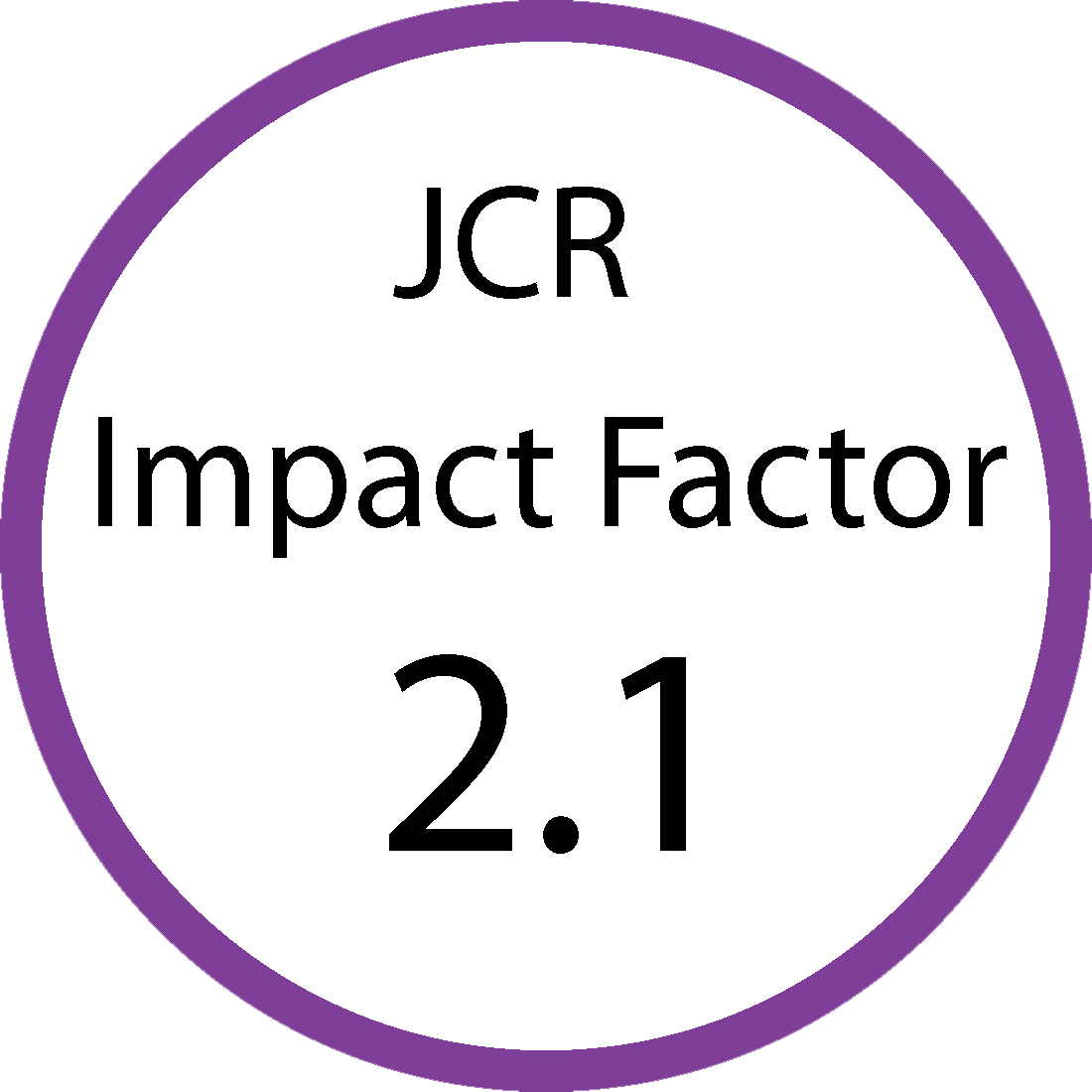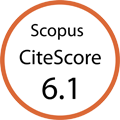Long-Term Cardiac Disease- and Cancer-Associated Mortalities in Patients With Non-Metastatic Stomach Adenocarcinoma Receiving Resection and Chemotherapy: A Large Competing-Risk Population-Based Cohort Study
Abstract
Background: The survival of patients with non-metastatic gastric adenocarcinoma (nmGaC), who are receiving more and more frequently chemotherapy, has improved throughout the last decades, while treatment-caused cardiotoxicity remains a major concern. This study aimed to investigate competing causes of mortality and prognostic factors within a large cohort of patients with resected nmGaC, and to describe the heart-specific mortalities of patients undergoing resection and chemotherapy and of all resected patients.
Methods: In this population-based cohort study, data on patients diagnosed with nmGaC from 2004 through 2016, managed with resection with or without chemotherapy, followed up until the end of 2016, and surviving >= 1 month were retrieved from the US Surveillance, Epidemiology, and End Results-18 Program. Cumulative mortality functions were calculated. Prognostic factors for heart- and cancer-specific mortalities were evaluated using both multivariable-adjusted Fine-Gray subdistribution and cause-specific hazard functions.
Results: Together 21,257 patients with resected nmGaC were eligible for analysis with an accumulated follow-up of 73,711 person-years, where 10,718 (50%) also underwent chemotherapy. Mortalities were overestimated when using the Kaplan-Meier method. Heart diseases were the most common non-cancer cause of mortality. Compared with all resected patients, heart-specific mortality of those also receiving chemotherapy was lower overall and especially at older ages. In the total group of patients, the 8-year cumulative mortalities from heart diseases were 4.4% and 2.0% in resected patients and those also receiving chemotherapy, respectively; in patients >= 80 years, the heart disease-specific mortalities were as high as 11.1% and 6.5%, respectively. In overall patients undergoing resection, older ages, black ethnicity, and location at gastric antrum/pylorus were associated with increased heart-specific mortality, while more recent period, female sex, Asian/Pacific Islanders, invasion of serosa, and more positive lymph nodes were associated with lower heart-specific mortality; among those further receiving chemotherapy, only the associations with period of diagnosis, age, and ethnicity were significant. Associations with older ages were stronger for heart-specific mortality than for cancer-associated mortality.
Conclusions: Among survivors with resected nmGaC receiving chemotherapy, heart-specific mortality, the most common one among non-cancer causes of mortality, is not higher compared to overall resected patients in this observational study, suggesting that chemotherapy may be relatively safely administered to selected patients under strict indications. Age and ethnicity were major factors associated with heart-specific mortality in both overall resected patients and those further receiving chemotherapy. Overall and stratified cause-specific cumulative incidences of mortality are provided, which can be more clinically useful than the Kaplan-Meier estimates. Our study provides clinically useful evidence for tailored patient management.
World J Oncol. 2022;13(2):69-83
doi: https://doi.org/10.14740/wjon1445








 This journal follows the International Committee of Medical Journal Editors (
This journal follows the International Committee of Medical Journal Editors (